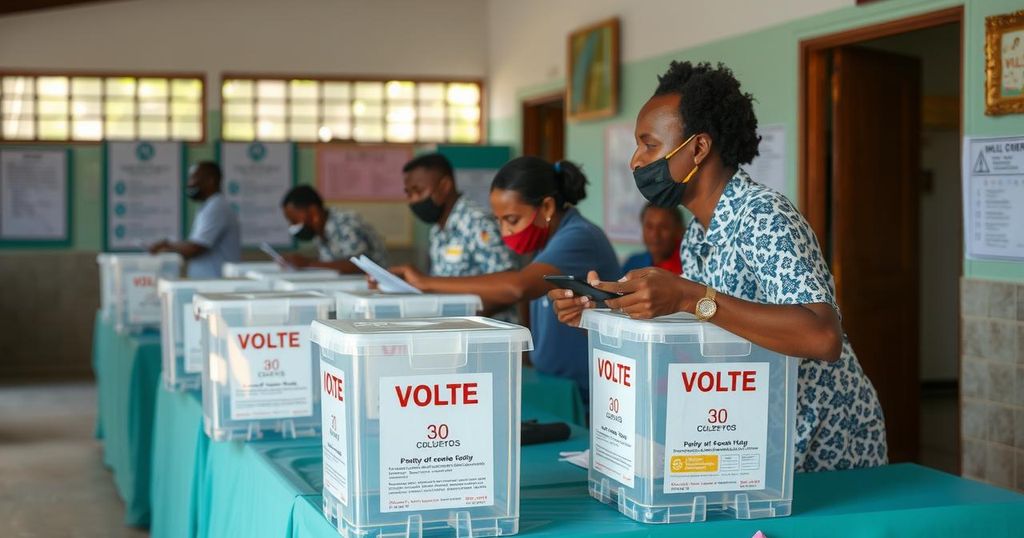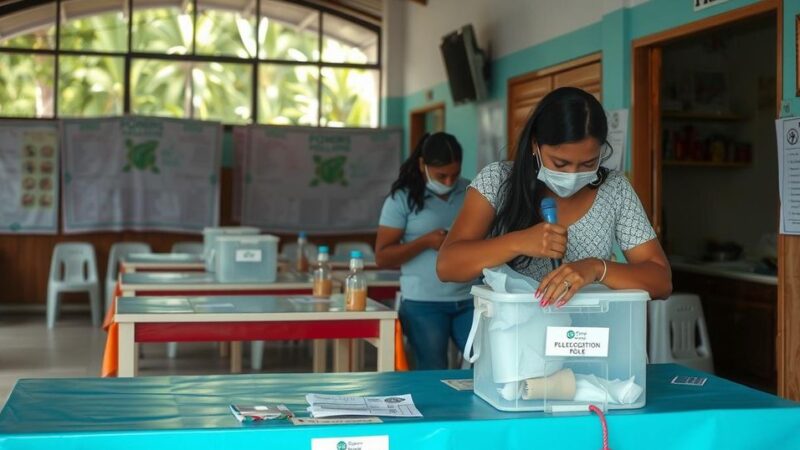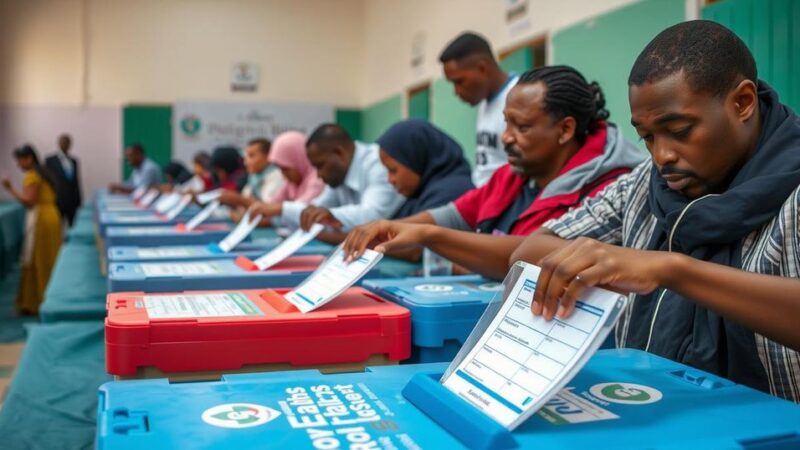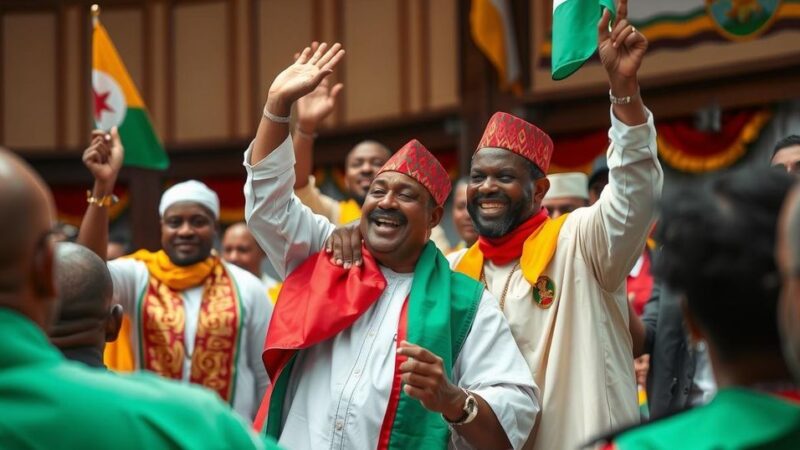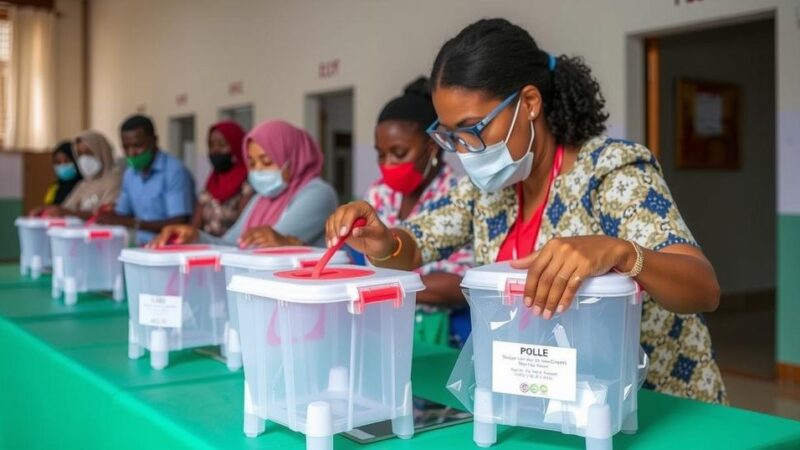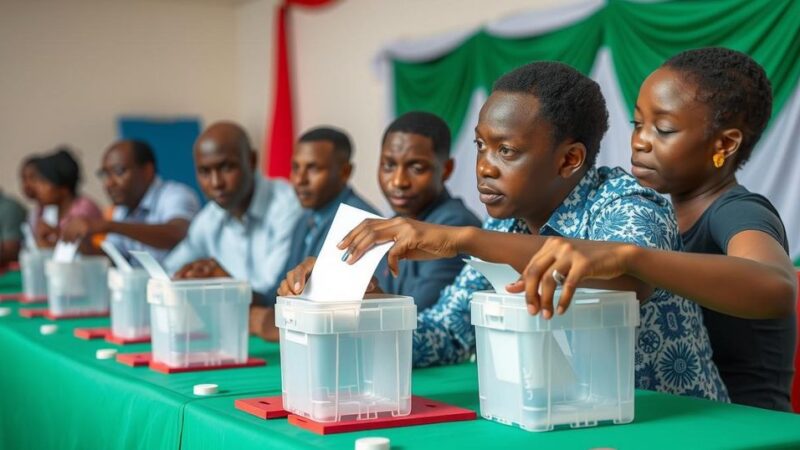Voters in Comoros are electing members of a 33-seat parliament amid allegations of irregularities from the previous election. President Azali Assoumani, who has been in power since 1999, faces criticism and opposition calls for boycotting the polls. Approximately 338,000 residents are registered to vote, with results expected by Friday.
Voters in the Comoros are participating in the parliamentary elections for the 33-seat assembly, which takes place approximately one year after the controversial re-election of President Azali Assoumani. Allegations of widespread electoral irregularities marred the previous election, although officials from the ruling party have dismissed these claims as unfounded. On Sunday morning, polling stations opened to accommodate around 338,000 registered voters, marking the first parliamentary elections since January 2020. The Supreme Court has approved nearly 100 candidates to compete in this election.
Opposition figures have criticized President Assoumani, suggesting that he exhibits authoritarian tendencies and may be grooming his son, Nour El-Fath, as his successor after his term concludes in 2029. Assoumani, who has held power since a coup in 1999 and has won three subsequent elections, empowered his son significantly in 2024 by assigning him extensive control over government operations. In contrast, some opposition factions, such as Juwa, led by former President Ahmed Abdallah Sambi—currently serving a life sentence—have urged for a boycott of the elections, while others have chosen to participate. “The Azali regime is weakened…by participating in these elections we are contributing to further exposing the flaws in its system and accelerating its inevitable fall,” remarked Hamidou Karihila, an opposition candidate representing the Hope of the Comoros party, in a statement to Reuters. The election results are anticipated by Friday.
Comoros, an island nation in the Indian Ocean, has experienced a tumultuous political landscape since the late 1990s, primarily under the leadership of President Azali Assoumani. Having assumed power through a military coup and having been re-elected multiple times, Assoumani’s administration has faced criticism for authoritarian practices. The allegations of election fraud and human rights abuses have been made by opposition parties, who believe his administration is increasingly repressive. In 2022, the former president’s imprisonment added to the concerns about political freedom and justice in the Comoros, prompting calls from some opposition groups to abstain from participating in the elections.
The parliamentary elections in Comoros are a significant event for the nation’s political future, especially in the context of previously observed irregularities. With the opposition divided on whether to participate, the outcome of this election may either reinforce President Assoumani’s grip on power or provide a platform for dissenting voices within the parliament. As the nation undertakes this electoral process, scrutiny on the functioning of its electoral system remains paramount, with results expected shortly after the conclusion of voting.
Original Source: www.moreechampion.com.au

